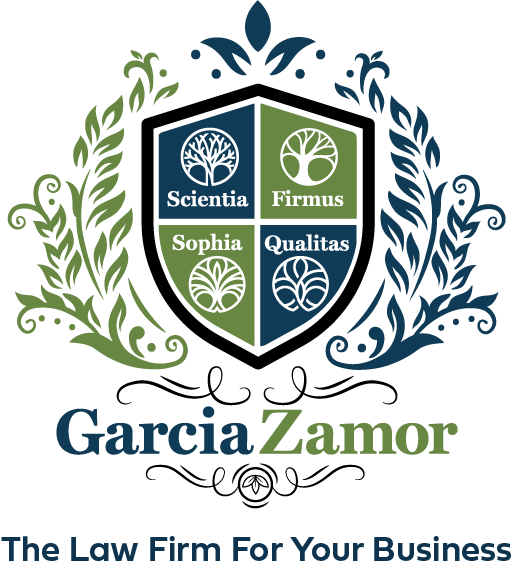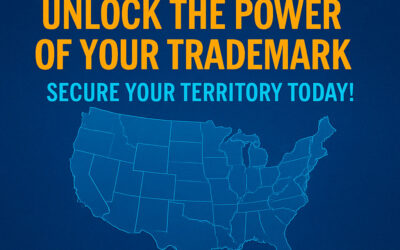When we talk trademarks, we tend to generally talk about federal trademark registrations. It only natural, because federal trademark registrations offer strong, nationwide protection for brands. Yet if you don’t sell goods or advertise services to customers in other states, you cannot obtain a federal trademark.
For some service based businesses which require state specific licensing of equipment and/or employees, such as landscaping, this means their brands are inherently vulnerable. So how can a business in such a position protect its branding from competitors? The answer may lie in the realm of state trademark registrations.
Many states offer trademark protections within their borders, enforceable in the courts of that state. These are often cheaper than feral trademarks, and while they offer weaker protection, they can be a good option for intrastate businesses.
To obtain a trademark in our home state, Maryland, the process is simple. Applicants must submit a state trademark application to the Secretary of State, which must include: the applicant’s name, business address, state of incorporation if applicable, a description of the mark, a listing of the goods or services for which the mark is used based on codified classes (only 1 class per application), dates of first use of the mark anywhere and in the state of Maryland, and 3 specimens which demonstrate how the mark is used. For goods, this mean images of goods, boxes, tags, and the like which bear the mark. For services, this means advertisements, images of your website, etc.
This application must be signed, and submitted along with the required application fee. The Secretary of State will either approve the application or, if registration is denied, the Applicant will be allowed to appeal the denial at an informal hearing.
When considering any trademark application, including a Maryland trademark application, it is important to remember that some types of marks are statutorily excluded from registration. Most common of these includes: marks which disparage people or institutions; marks which include or simulate government flags or insignias; marks which include the name or image of a living person without their consent; mark which are too similar to older marks or those registered in other states; and marks which are primarily a surname or describe or misdescribe the goods, the origin of the goods, provided that such marks in this category have not become a brand through secondary meaning.
A good takeaway from all of this is that you should avoid marks which use your name or the name of your location, marks or names which invoke flags or people, and marks similar to other brands you are aware of in your industry.
Once a registration is obtained, it is good for ten years, and may be renewed in perpetuity, provided that the mark is continually used. Failure to renew the registration will cause the mark to be abandoned. The mark may also be cancelled if a court finds for the use of an older, similar mark in an infringement proceeding.
A trademark does not require the Secretary of State or any governmental body in the state to affirmatively defend your brand or punish infringers. However, a registration does allow you defend your mark. With a state registration, you can more easily obtain an injunction to stop others in the state who use marks similar to your own. Further, if a competitor has intentionally attempted to imitate your mark, you may be able to obtain the profits your competitor gains while using this imitation, as well as to recover for any damages you suffered due to these actions.
This protection only extends within the state of Maryland, and does not allow for many of the same benefits of a federal trademark. But for businesses for whom a federal trademark is unavailable, a state trademark can be a useful tool in protecting your otherwise vulnerable brand.
While we primarily discussed Maryland trademarks, we can assist you in obtaining trademarks in in any other state. If you have any questions regarding branding, trademarks, state trademark applications, foreign trademark applications, patent planning or other intellectual property matters, please contact Garcia-Zamor Intellectual Property Law, LLC. Ruy Garcia-Zamor has been helping individuals and businesses with their intellectual property needs for over nineteen years.







